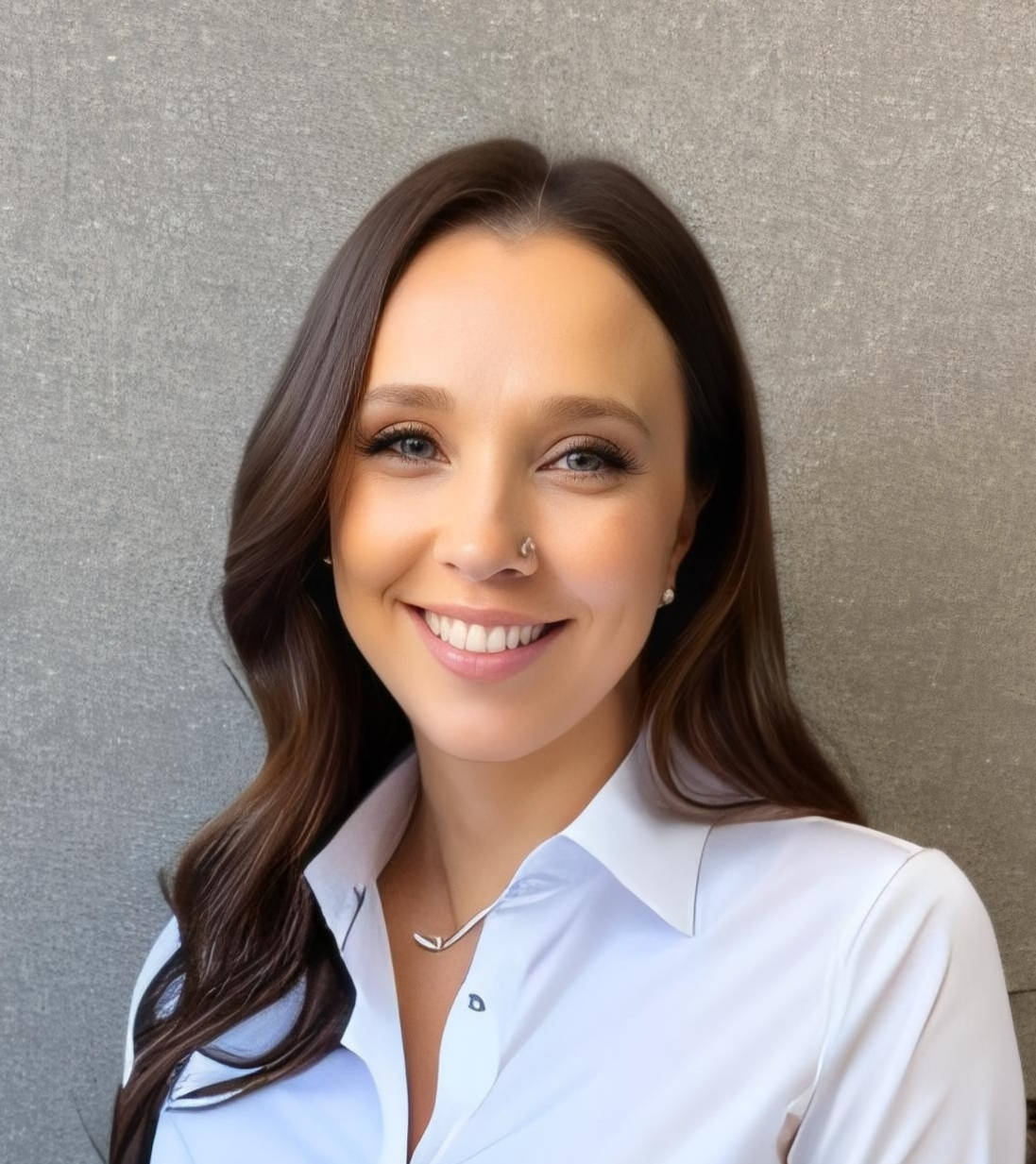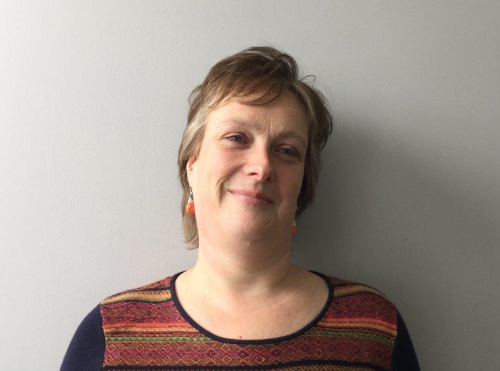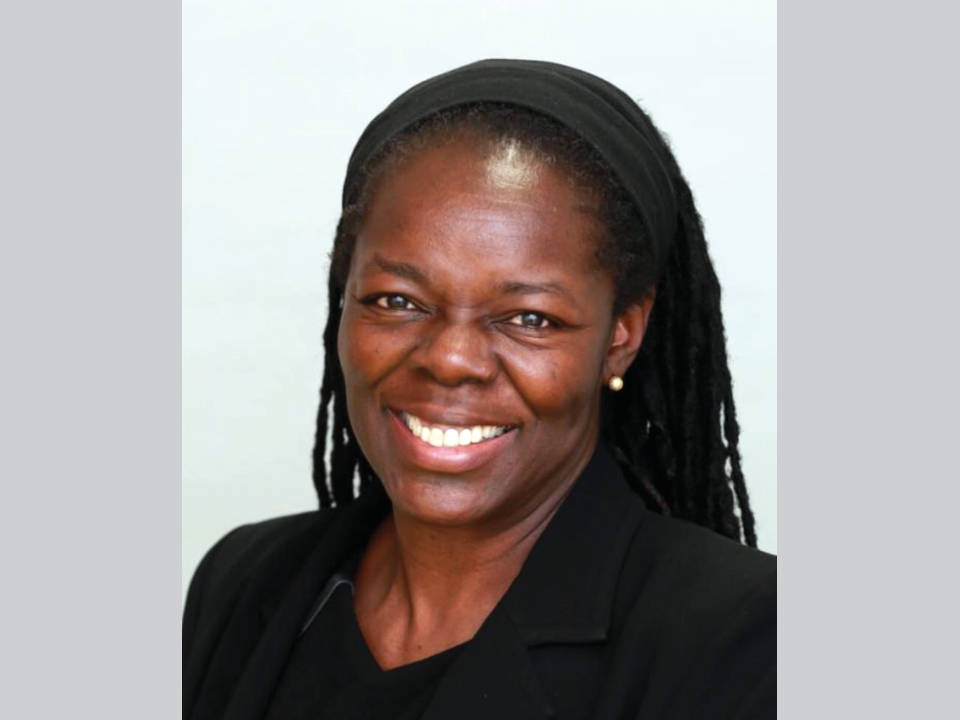
Fiona Corless
Vice Chair of the ADCS Health, Care & Additional Needs Policy Committee
Assistant Director, Sufficiency and Commissioning: High Needs
Norfolk County Council
In my role at Norfolk County Council and through my work with the ADCS Health, Care & Additional Needs Policy Committee, I frequently encounter discussions about how our system supports the "complex" needs of children. It's a term we often use, myself included, but it's a term that obscures the real issue.
Describing children’s needs as "complex" is a catch-all phrase that fails to capture the true nature of what these children and their families are experiencing. Whether they have multiple physical health conditions, are in care and have been excluded from school, or have experienced trauma in addition to having a disability, the root problem lies not in their needs but in our systems.
When we label needs as "complex," it suggests that the children themselves are the problem, that there is something inherently difficult about them that requires fixing. In reality, their needs are quite straightforward: they need consistent love and care, emotional support, opportunities for learning, and engaging social activities to aid their development and build relationships. The complexity arises from our systems.
Our current systems, along with the legislation that underpins them, artificially separate needs into health, education, and social care categories. Within each category, we further subdivide into physical health, mental health, trauma, neurodivergent, early help, child in need, child protection, child with a disability and so on. The complexity comes not from the children but from the fact that they don’t fit neatly into the boxes we have designed our services around.
They are labelled "complex" because they fall between the gaps. It’s clear to everyone that the child and family need support, but they don’t tick the right boxes and we can struggle to determine whose responsibility it is and how to help.
To address these challenges, we must shift our focus from labelling children’s needs as complex to acknowledging and reforming the complexities within our systems. This requires a holistic and integrated approach that prioritises the child’s needs over bureaucratic limitations.
I have witnessed numerous successes at an individual level in Norfolk and from colleagues elsewhere. When we bring everyone to the table and take a pragmatic approach, responding to what the young person needs by blurring the edges of our rigid service specifications and adopting a holistic, child-centred approach, the complexity diminishes. Instead of defining services by their rigid boundaries, we look at which professional is best placed to support the child’s presenting needs, thereby removing those gaps.
Changing the narrative from "complex needs" to "systemic inadequacies" involves a cultural shift in how we perceive and discuss children’s needs. It includes:
- Empowering families: families should be seen as partners in care not passive recipients. Their insights and experiences are invaluable in shaping effective support systems.
- Listening to children: children's voices should be at the centre of decision-making processes. Understanding their perspectives ensures that services are truly child-centred.
- Advocacy and awareness: raising awareness about the systemic barriers children face can help drive policy changes and mobilise community support.
While we can often address these issues at an individual level when faced with "complex cases," we need to reframe our understanding of complexity in the context of all children’s needs. By recognising that the true complexity lies within our systems, we can focus on creating integrated, flexible, and child-centred services that meet children’s needs effectively, eliminating the gaps and the need for exceptional complex case planning that has become too common.
The journey of caring for children within a complex system is a collaborative effort involving healthcare professionals, social workers, educators, and the community. By working together, we can ensure that these children receive the support they need to lead fulfilling lives.





